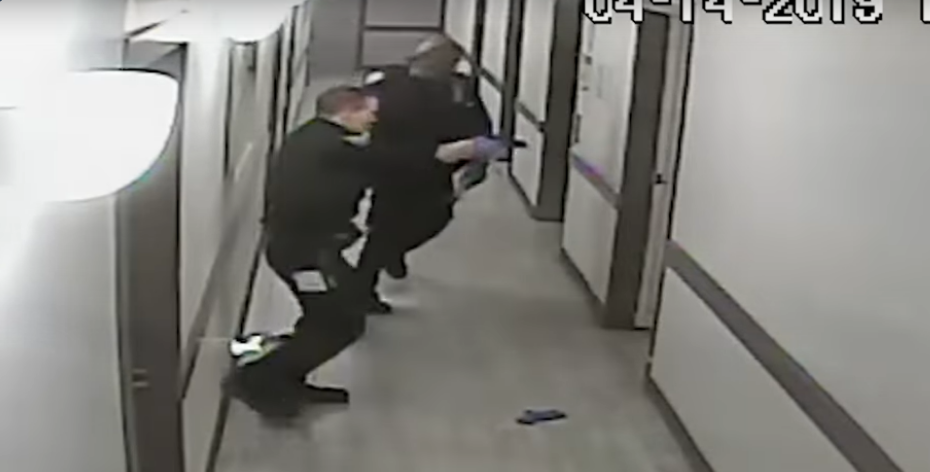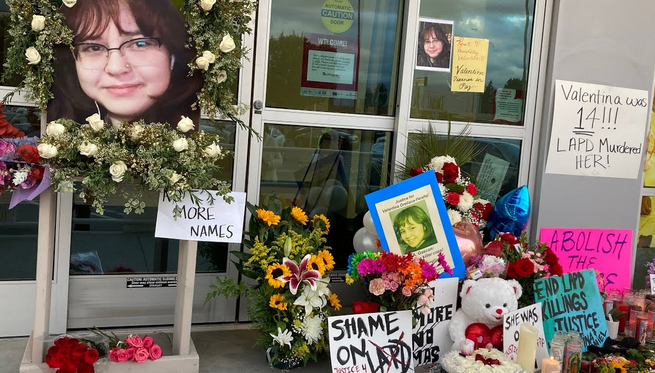Dr. Jenice Baker. Photo: Via Dr. Baker
In an effort to provide a more balanced representation of COVID and how it affects the non monolithic Black experience, we are creating a series of articles to reveal how Black people around the nation are dealing with the pandemic. Through these conversations, we hope to preserve what’s real, tangible, and palpable about a small slice of the Black experience during the Coronavirus Pandemic of 2020.
Dr. Jenice Baker is a passionate and purpose driven physician serving patients as an emergency department associate director of Our Lady of Lourdes Hospital in Camden, New Jersey. In April, she wrote an article on COVID entitled “COVID-19 While Black.” In this article she expertly laid out some of the concerns that face Black communities in the nation during the Coronavirus Pandemic. We talked about those problems, and more, as Dr. Baker is solution driven and has very clear, unique, and feasible ideas as to how we should move forward on a personal, community, and institutional level.
In her article, Dr. Baker speaks of the social distancing guidelines and how, although “correct and valid,” fail to address the barriers to many Blacks being able to implement them to the extent that they’re being pushed. I wanted to delve deeper into some of those social factors that Black people are dealing with that makes it hard for them to comply with official COVID mandates. “Social distancing guidelines are absolutely correct and valid,” Dr. Baker confirms. In terms of what her colleagues have reported, “There’s been a lot of chatter” regarding some of the difficulties African Americans face in following them. “As far as patients specifically, they say ‘Well, I have to take care of my grandmother,’ or ‘I’m the only one who can go out and get groceries,’” she explains.
With feedback like these, her patients are clearly not in a position to fully engage in social distancing. When the CDC gives guidelines on safety measures, “perhaps highlighting those who can’t, giving guidelines for how the elderly can be quarantined within a certain area in the home, or having one person be designated to be the caretaker,” would be prudent. She also reiterates that all parties in each household should be doing their best, washing their hands frequently. These additional tips would be more inclusive to the situations many Black Americans are in, sometimes with only one person in the household working, with many generations living in one home.
What about the mental health of the groups Dr. Baker has been working with? “In patients that I’ve seen primarily, I’ve seen an increase in anxiety which may have been treated normally with medications.” And this reveals another problem: “With the shutdown, a lot of patients didn’t have refills for their medication, from heart disease to mental health issues, they’re listening to the news and they don’t want to go to the hospital or don’t want to get sick,” Dr. Baker points out. “They are fearful if they come to the emergency room, fearful that they’re going to become infected with the virus. Some patients have been without their medications for a while. I’ve seen exacerbation of congestive heart failure [due to this].”
“If the emergency would still be an emergency [before COVID-19], go to the emergency room,” Dr. Baker pleads. She told me about a patient who had relapsed in his chronic heart disease because he was afraid to seek proper medical care. He turned out fine, but he could have fared much better had he come to the emergency room sooner, and not later.
“If you need care, take the care that you need. [As physicians] we’re taking the steps to appropriately triage patients.” We have to do our part, too. “If you’re having an emergency, you need to contact your physician.”
On an institutional level, there needs to be some public education on this as much as there needs to be personal responsibility Dr. Baker points out. Due to technology disparities, patients in Black communities may not have known how to use or have access to telehealth medicine. “Some patients don’t have a smartphone or capability to do a video conference call. Especially for communities who have increased risk factors for diabetes, high blood pressure, coronary artery disease, copd, asthma, or any sort of chronic condition.” She goes on, “You’re more at risk when you have a chronic illness. Stay optimized with your medical care. Keep provider appointments. How to navigate the new world with your chronic disease is going to be important.”
Don’t be afraid to go to the emergency room. “Regardless of ability to pay we are there,” Dr. Baker says reassuringly.
For news tips reach [email protected]
To advertise reach [email protected]
Speaking Truth To Power!












